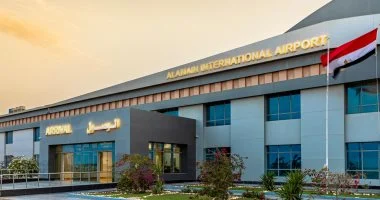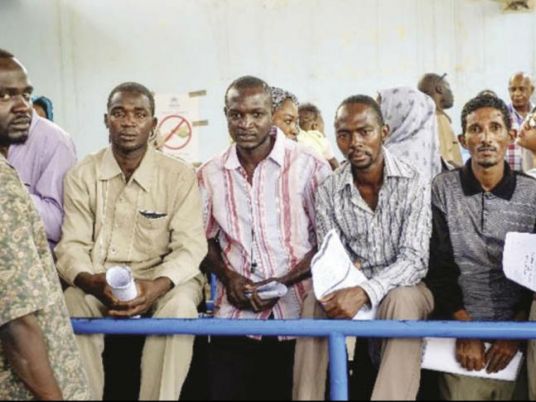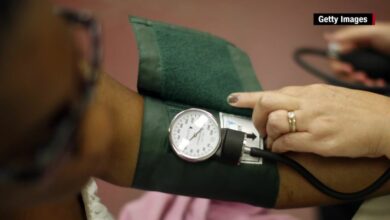Among much-sought after vintage manuscripts is a collection of licenses issued to people from a long list of professions prevalent in the beginning of the twentieth century.
Many of these professions still exist today, incuding the Qahwaji (proprietor of an Arabic café); the Khamorji (proprietor of an establishment that produces and sells alcohol); the Halawani (delicatessen manager); and the ‘Arbaji (donkey/horse cart driver).
Others professions have since disappeared, such as the water seller, or saqqa, while some others have since been abolished, such as prostitution, which had previously been permitted — even regulated — by the authorities.
Here we shall touch on three such licenses for professions still in existence, in one form or another, today.
Let’s begin with the license issued to Margaret Baghour, a Spanish national born in Algeria. She submitted a request to the Nizarat Al Dakhilia (the equivalent of today’s Interior Ministry] to receive a permit to operate what the document refers to as a "boardinghouse," or Lokandet Nom.
The request is printed in both Arabic and French and, if we look closely, we can see that relevant data has been written down in both languages in beautiful handwriting. This leads me to wonder if a single employee had such dexterous command of both languages, and, if so, what kind of education did this particular employee have?
After exhausting our investigative powers, we may discover that he did not receive any education at all beyond high school. In many cases, such employees had little more than elementary-level educations. I leave the question up to the reader, who can compare this employee’s handwriting to that of most employees today holding university degrees.
Now back to Margaret, who wanted to open and manage a "boardinghouse" on the property of a certain Mr. Gabriel Nasr, located at 32 Raml St. in Alexandria’s Attareen district. Margaret also submitted a certificate from the Spanish Consulate stating that she was free of any "illegalities." Following a pledge by Margaret not to permit gambling on her premises, we find the official seal of Alexandria Governor Mohamed Hedaya.
The second document belongs to one Selim Cohen, an Egyptian Jew. Most antique manuscript collectors can tell you that many documents from the early century belonged to members of Egypt’s thriving Jewish community, especially those documents associated with prominent department-store chains, such as Benzione or Daoud. These documents interest me a great deal: both for their aesthetic value and for reasons we may discuss at a later date.
Selim approached the Alexandria Municipality on Wednesday, 15 January, 1902, requesting a permit to sell spirits or alcohol, and was granted the license on the same day. This document also employs both Arabic and French, displaying the same beautiful handwriting. The permit states that Selim is a French national working as a Khamorji — a term used nowadays to describe alcoholics.
Selim resides in Alexandria, where he was permitted to sell alcohol at his store on Zawyet el-Aarag St. in a house owned by a certain Saad al-Qibti, a Coptic Christian. At the very least, this is cause for reflection: a Jew receiving a permit to sell alcohol in the house of a Copt on a street called Zaweyya, which is how Muslims refer to small public areas designated for prayers. This document, too, bears the seal of the Governor of Alexandria.
Our third and final document is an ‘Arbaji permit for the transport of goods, issued so a certain Ramadan Ahmed could operate his four-wheeled, two-horse cart to transport merchandise. The transportation of goods, rather than passengers, is emphasized, as the latter would require a different type of license.
Ahmed received his permit from the delta city of Shibeen al-Kom on 28 March, 1933. It was customary at the time to issue metal licenses to ‘Arbajis working in Egyptian seaports, embossed with a serial number and the word ‘Carter’ in English. This was fitted on a leather belt and worn on the arm of the cart driver, as shown in the picture.
This particular permit request it is printed in the Arabic language only, as few if any foreigners applied for this kind of work — or, perhaps, because it was issued by Shibeen Al Kom, which did not boast an expatriate community like those found in Cairo, Alexandria, Port Said or other major cities or ports.




